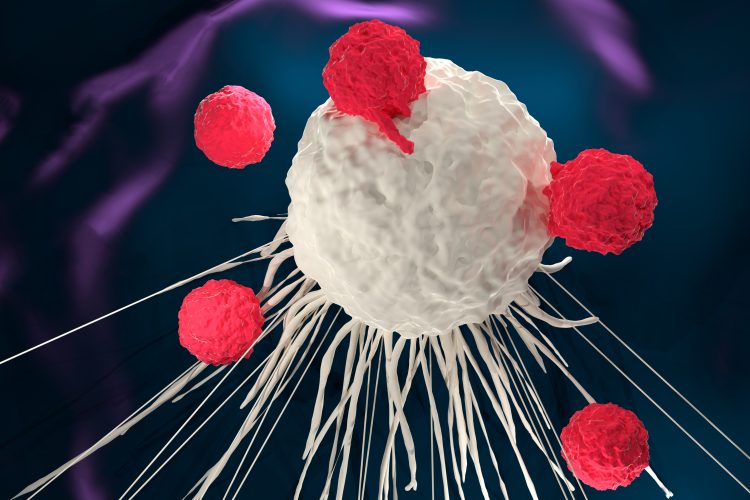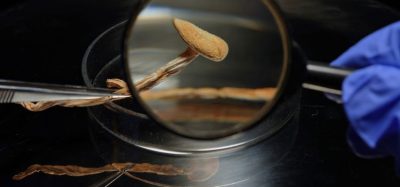CAR T therapy provides long-lasting remissions in non-hodgkin lymphoma
Posted: 19 February 2021 | Hannah Balfour (European Pharmaceutical Review) | No comments yet
Study shows most non-Hodgkin’s lymphoma patients who achieve a remission lasting one year remain in remission for five years after receiving Novartis’ Kymriah™.


According to a new publication, a significant number of non-Hodgkin’s lymphoma (NHL) patients who received the chimeric antigen receptor (CAR) T cell therapy Kymriah™ continue to be in remission after five years.
Researchers at the University of Pennsylvania School of Medicine’s Abramson Cancer Center reported that of 24 patients with diffuse large B-cell lymphoma (DLBCL), the most common form of NHL, who received the therapy after they relapsed following standard treatments, 46 percent achieved complete remission and 31 percent achieved progression-free survival at five years. In 14 patients with relapsed or refractory follicular lymphoma, the second most common form of the NHL, 71 percent achieved complete remission and 43 percent achieved progression-free survival at five years.
“We found that most of the patients who achieve a remission lasting one year remain in remission five years after being infused with CAR T cells. This is really exciting and demonstrates the durability of this approach,” said lead author Dr Elise Chong, an assistant professor of Medicine in the division of Hematology-Oncology in Penn’s Perelman School of Medicine. “Patients who do not respond to chemotherapy have another option that may offer them long-lasting remissions.”
The team also studied the long-term persistence of CAR T cells. They found that 50 percent of the patients who remained in remission after the first year did not have detectable levels of the CAR19 transgene after five years, but only one of the 18 patients who had a relapse of lymphoma within a year of the treatment had loss of the transgene. According to the researchers, this suggest that loss of CAR T cell presence may not be a frequent mechanism of resistance to the therapy.
The new results were published in a New England Journal of Medicine correspondence and are a follow up to a study from the same clinical trial published in NEJM in 2017 by Schuster et al. that included patient outcomes collected at 28 months. The results of a global CAR T cell therapy trial in lymphoma patients were also published in NEJM and led to the US Food and Drug Administration (FDA) approval of Kymriah for the treatment of relapsed or refractory large B-cell lymphoma after two or more lines of systemic therapy, including DLBCL, high grade B-cell lymphoma and DLBCL arising from follicular lymphoma, in 2018. Kymriah is a registered trademark of Novartis.
Related topics
Anti-Cancer Therapeutics, Clinical Trials, Drug Safety, Immunotherapy, Research & Development (R&D), t-cells
Related organisations
Related drugs
Related people
Related diseases & conditions
diffuse large B-cell lymphoma (DLBCL), Follicular Lymphoma, non-Hodgkin’s lymphoma (NHL)









